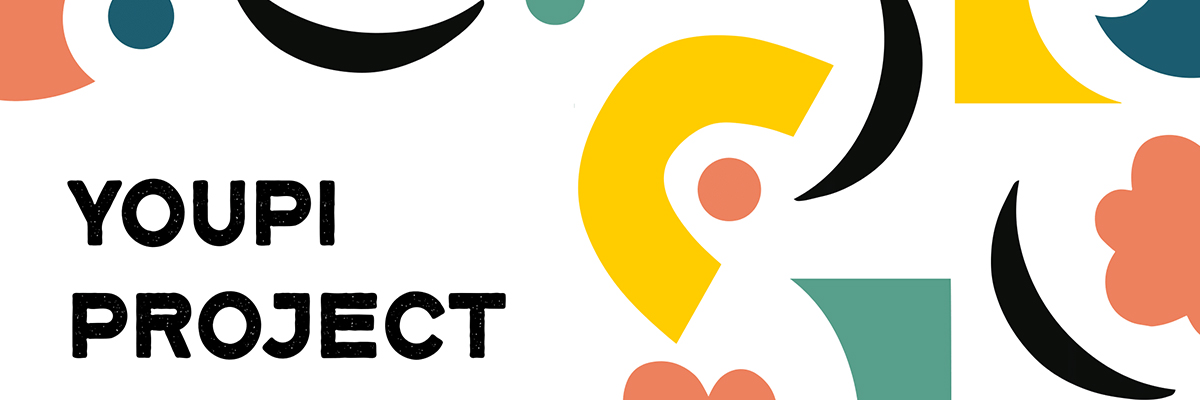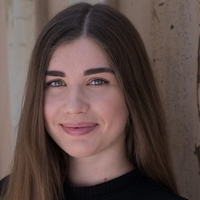Youth in Moldova currently represents a quarter of the country’s population and is perceived as a strategic component for the sustainable development of the country, in particular when it comes to democratization processes. Though, the participation level of youth has been proved to be weak due to different reasons. To ensure their effective involvement in participation processes, innovative and experience-based methods need to be used.
Our project gathers civil society, youth and local authorities together to engage in a meaningful exchange, bringing the needs of the young generation closer to the policy makers, as well as building up a sustainable network.
Project Goals
Through capacity-building measures for civil society activists, a training program for young people, and their initiatives on the ground, we will increase the quality and quantity of youth participation processes in Moldova. In long-term perspective, capacitated civil society activists and active youth will be able to contribute to and benefit from a more inclusive, stable and democratic country in general.
Target Group
The project involves three different groups:
- 20 civil society activists will form a group of multipliers. These are people with a background in non-formal education and civil society experts (e.g., local activists, people who work with democracy and inclusion issues, climate change activists, etc.) with a strong need for new solutions when it comes to youth work and that have a strong motivation and are sharp in identifying and addressing issues of their community/region;
- 80 young people of 13-17 years old with different ethnic and social backgrounds, including representatives of vulnerable and marginalized groups, from both rural and urban areas of the country (also from Transnistria and Gagauzia);
- 10 representatives of local authorities also play an important role in the project, as there is a strong need in linking civil society actions and initiatives with state policies and agendas, as well as efforts of different stakeholders should build up on each other and create synergies.
Activities
The project starts with an online Training of Trainers, where we will discuss participation mechanisms, various approaches, values and skills in non-formal education and youth participation, and do the local needs assessment. Later we gather offline in Moldova for the second Training of Trainers to introduce participants to the simulation game method and develop a tailor-made game for Moldovan youth. We will also cover the topics of cooperation with local authorities, and prepare for the Summer Academy.
The Summer Academy will gather our multipliers and youth together to learn more about youth engagement and initiatives on a local level through different non-formal education methods, including the newly developed simulation game. Based on that, young people will come up with local initiatives ideas which they perceive as important ones for their communities. They will be implemented in September-October with a strong support of the multipliers and in cooperation with local authorities.
Finally, we will gather with our multipliers and local authorities’ representatives in December for the Evaluation Seminar. There the results of the initiatives’ implementation will be presented and reflected on, and recommendations on how to promote youth participation on a local level will be jointly developed.
Outcomes / Achievements
Within the scope of the project, participants will get to know about theory and practice of youth participation, make an in-depth analysis of local needs and based on that they will develop their own initiatives for democratization processes and youth participation in local communities.
The project itself strongly follows a bottom-up approach. While the participants will receive training in conceptual frameworks and tools for analysis, they will decide themselves which kind of topics and initiatives are relevant for the life in their communities. Through the successful implementation of youth-led initiatives that address community problems, the perception of young people as actors of change among local stakeholders will also be raised.





